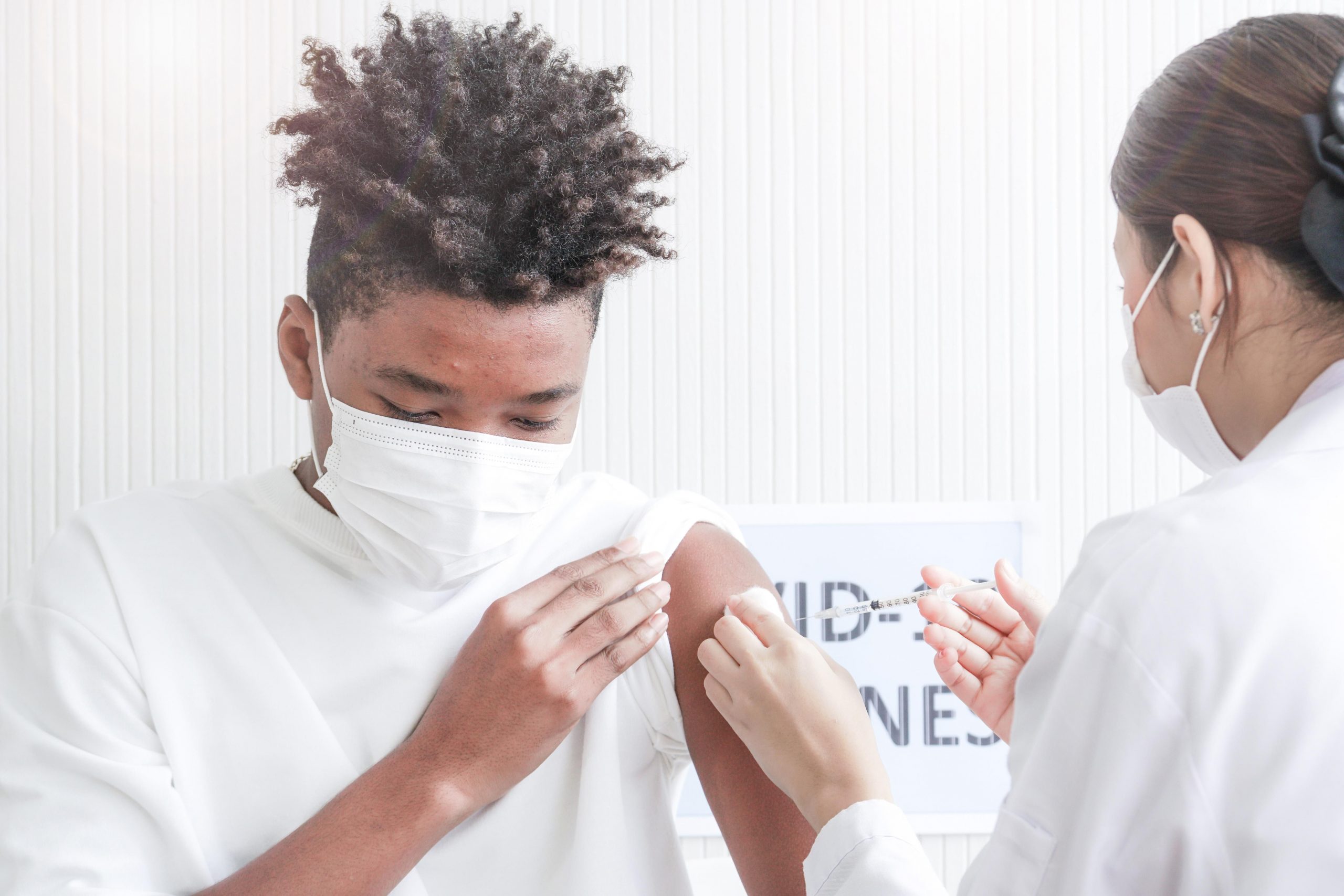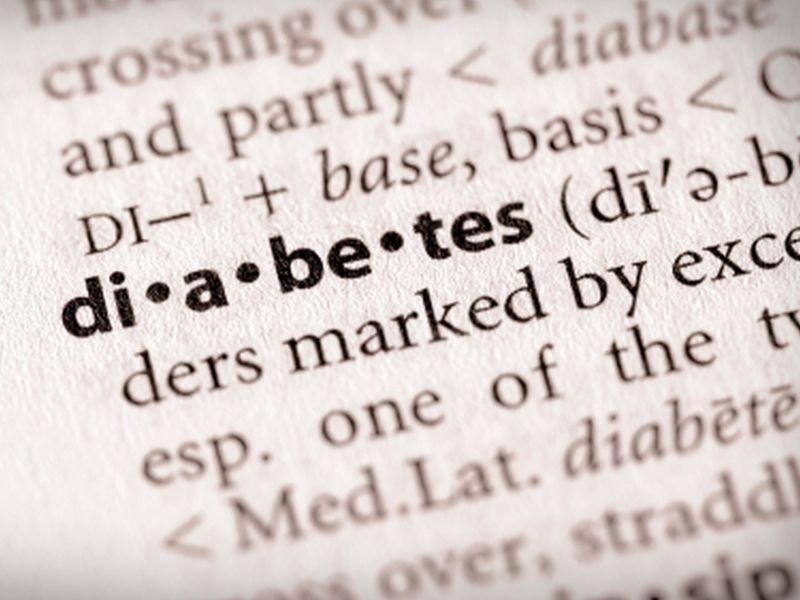
The U.S. Food and Drug Administration’s vaccine advisory panel will decide on Tuesday whether to recommend the agency approve the emergency use of Moderna’s COVID-19 vaccine in children aged 6 to 17. The panel will analyze Moderna’s two-dose vaccine for children aged 6 to 11 at half the strength of the adult shot, and for… read on > read on >






























